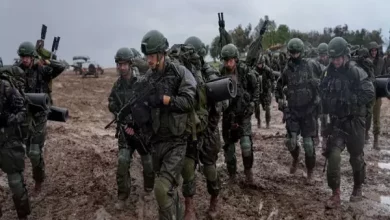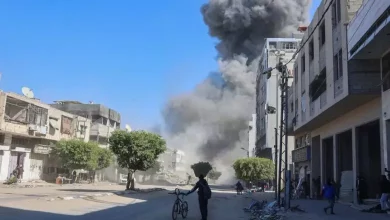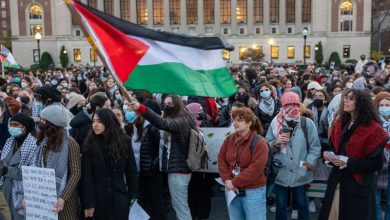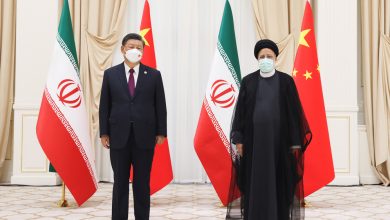Yemeni forces fire missiles at Saudi military bases, key positions in Jizan
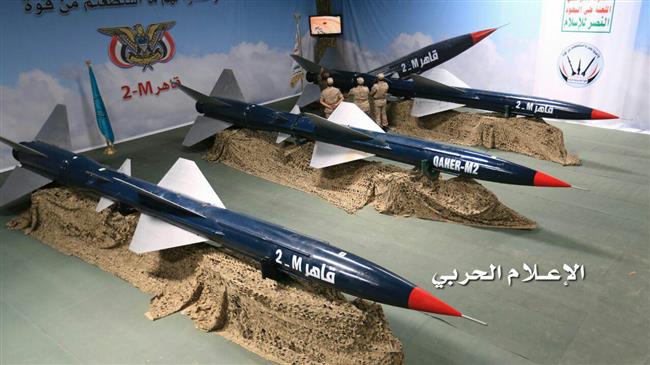

Yemeni army forces, supported by allied fighters from Popular Committees, have launched a barrage of domestically-designed and –manufactured ballistic missiles at military bases and key facilities in Saudi Arabia’s southwestern border region of Jizan in relation to the Riyadh regime’s devastating military aggression against their homeland.
A Yemeni military source, speaking on condition of anonymity, told Arabic-language al-Masirah television network that the projectiles hit the designated targets with great precision.
There were no immediate reports about possible casualties and the extent of damage caused.
Earlier in the day, Yemeni troopers and their allies had fired a short-range Badr-1 ballistic missile at al-Jarbah base in Dhahran district of Asir region, though no reports of casualties were quickly available.

The developments came only two days after Yemeni soldiers and Popular Committees fighters launched a Badr-1 missile at Jizan Economic City, located 967 kilometers southwest of the Saudi capital Riyadh.
Also on Friday, scores of Saudi-backed Yemeni militiamen loyal to resigned president Abd Rabbuh Mansur Hadi were killed and injured when Yemeni army soldiers launched a salvo of Katyusha rockets and artillery rounds at the Alab border crossing in Saudi Arabia’s border region of Asir.
Some 15,000 Yemenis have been killed and thousands more injured since the onset of the Saudi-led aggression on Yemen in March 2015.
The UN secretary general has denounced the Saudi-led coalition’s deadly attack on a bus carrying Yemeni children.
The United Nations says a record 22.2 million Yemenis are in need of food aid, including 8.4 million threatened by severe hunger.
A high-ranking UN aid official has warned against the “catastrophic” living conditions in Yemen, stating that there is a growing risk of famine and cholera there.
“The conflict has escalated since November, driving an estimated 100,000 people from their homes,” John Ging, UN director of aid operations, told the UN Security Council on February 27.


